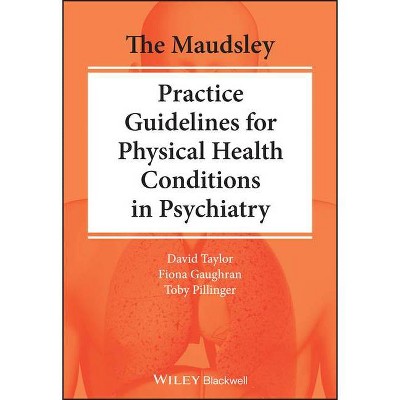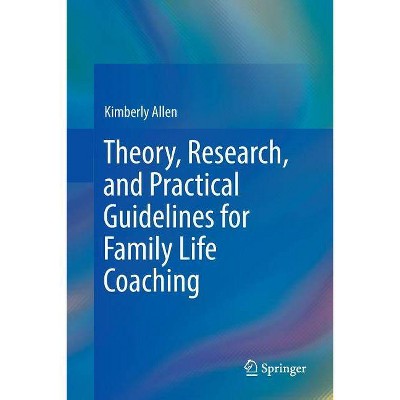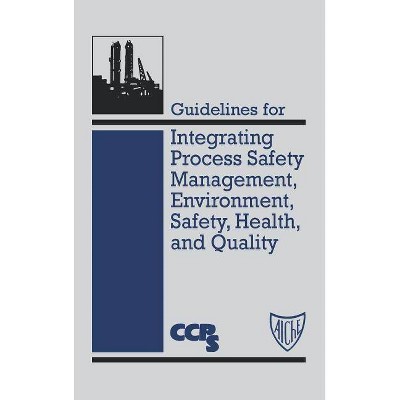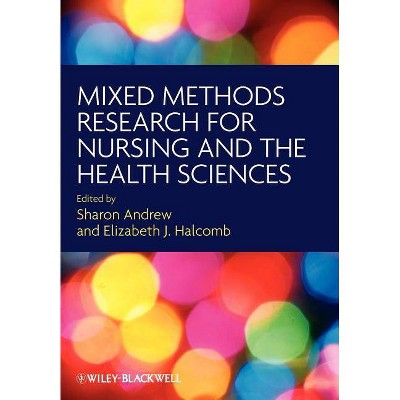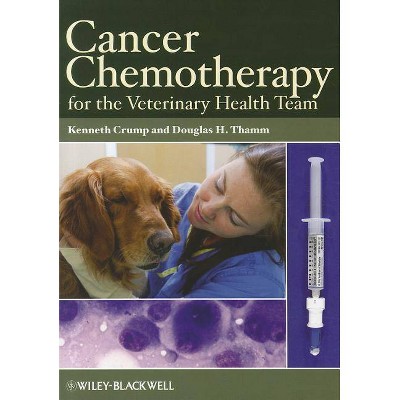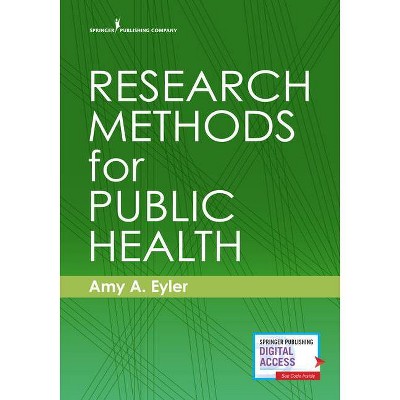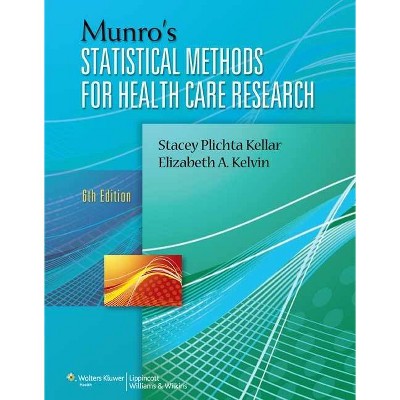Guidelines for Reporting Health Research - by David Moher & Douglas Altman & Kenneth Schulz & Iveta Simera & Elizabeth Wager (Paperback)
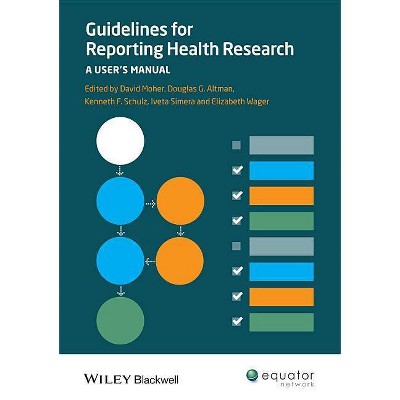
Similar Products
Products of same category from the store
AllProduct info
<p/><br></br><p><b> From the Back Cover </b></p></br></br><p><i>Guidelines for Reporting Health Research</i> is a practical guide to choosing and correctly applying the appropriate guidelines when reporting health research to ensure clear, transparent, and useful reports.<br /><br />This new title begins with an introduction to reporting guidelines and an overview of the importance of transparent reporting, the characteristics of good guidelines, and how to use reporting guidelines effectively in reporting health research. This hands-on manual also describes over a dozen internationally recognised published guidelines such as CONSORT, STROBE, PRISMA and STARD in a clear and easy to understand format. It aims to help researchers choose and use the correct guidelines for reporting their research, and to produce more completely and transparently reported papers which will help to ensure reports are more useful and are not misleading.<br /><br />Written by the authors of health research reporting guidelines, in association with the EQUATOR (Enhancing the QUAlity and Transparency Of health Research) Network, <i>Guidelines for Reporting Health Research </i>is a helpful guide to producing publishable research. It will be a valuable resource for researchers in their role as authors and also an important reference for editors and peer reviewers.</p><p/><br></br><p><b> Review Quotes </b></p></br></br><br><p>Written by the original guideline authors, the book essentially presents and summarizes the various research reporting guidelines developed over the years in an effort to promote best practices in research reporting. (<i>Springer Nature</i>, 2016)</p> <p>In Guidelines for Reporting Health Research: A UserÂs Manual, the bookÂs editors, in association with the EQUATOR (Enhancing the QUAlity and Transparency Of health Research) network (www.equator-network.org) and over 60 individual contributors, present a collection of respected and commonly used guidelines for reporting health research, with the purpose of increasing the clarity, completeness, and transparency of reported research. This book is aimed at a range of professions and roles within the medical and academic fields, including authors, editors, peer reviewers, and funders. From a medical writing perspective, it provides some fundamental background knowledge on the necessity, generation and application of guidelines for publishing research...</p> <p>Overall this book provides a valuable resource for authors, editors, peer reviewers, and funders to ensure the appropriate guidelines are chosen and correctly applied. I would highly recommend it to any medical writer looking to broaden their knowledge of how best to report health research.(<b>Medical Writing, Dec 2016<b>)</p><br><p/><br></br><p><b> About the Author </b></p></br></br><p><b>Matthias Egger</b> is professor of epidemiology and public health at the University of Bern in Switzerland, as well as professor of clinical epidemiology at the University of Bristol in the United Kingdom.</p> <p><b>George Davey-Smith</b> is the editor of <i>Systematic Reviews in Health Care: Meta-Analysis in Context</i>, 2nd Edition, published by Wiley.</p> <p><b>Douglas G. Altman</b>, Centre for Statistics in Medicine, University of Oxford and EQUATOR Network, Oxford, UK.</p>
Price History
Price Archive shows prices from various stores, lets you see history and find the cheapest. There is no actual sale on the website. For all support, inquiry and suggestion messages communication@pricearchive.us

